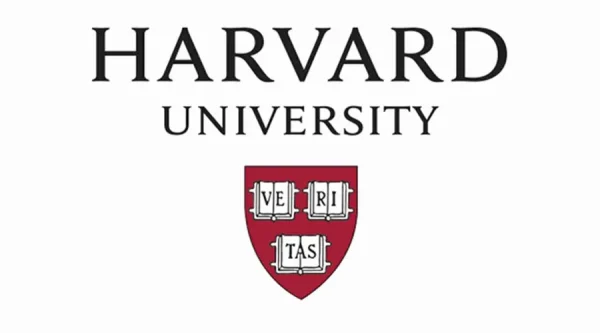Princeton amends financial aid policy to fund students’ full tuitions
Princeton has changed its financial aid to cover the tuition of students whose families earn less than $100,000 in order to provide opportunity for all students. The change becomes effective in the fall of 2023. The financial aid covers room and board for eligible students and provides $4,050 to fund textbooks and other personal expenses made in their college years. This is a $550 increase from the supplementing funds given the previous year. Additionally, the $3,500 annual student contribution has been eliminated to further relieve students of any financial burden. This will allow students to pursue more curricular and co-curricular goals without the added stress of earning money for their contribution.
For the 2022-23 academic year, Princeton’s tuition without any financial aid totals $79,540. The introduction of the new financial aid was necessary, as Princeton would previously cover the tuition of families who earned up to $65,000, less than the tuition itself. Now, many families earning upward of $100,000 will still receive assistance based on whether they have multiple children attending college. The new financial aid will also assist some families who earn up to $150,000. With a $35,000 increase in coverage, approximately 25% of incoming Princeton students are predicted to benefit from these changes.
Senior Melissa Ohmen believes that this financial aid is a good next step in widening the student population that can attend Princeton.
“I think that it’s definitely helpful for a lot of students, especially at a school like Princeton which is such a prestigious school,” Ohmen said. “A lot of students who might not have been able to put it in their pricepoint can now look at it as more of an option, and they can get the education there that they’d want without having to struggle as much.”
Other ivy league universities have also implemented newer financial aid policies similar to Princeton’s. Harvard has introduced financial aid where families with household incomes of up to $75,000 do not have to pay anything for tuition. Families with annual incomes of above $75,000 to $150,000 will have to contribute no more than 10% of their student’s tuition. Dartmouth University has introduced a new policy that eradicated parental contribution for families earning less than $65,000. They also removed student loans and replaced them with broadened scholarship bursaries. No families earning less than $60,000 will have to contribute to their child’s tuition at both Cornell University and Brown University.
Gargi Mishra, a graduate of Mount Holyoke College, supports the wave of revised financial aid.
“People are slowly starting to realize the financial burden on young adults attending higher degree programs and with rising inflation and other socioeconomic issues plaguing society, it makes sense that colleges/universities, not only limited to ivies, are acknowledging this and truly supporting merit and equitable distribution of financial aid,” said Mishra.
The goal of Princeton’s new financial aid is to give more students the opportunity to attend Princeton. Christopher L. Eisgruber, president of Princeton University, elaborated on this goal in a press release regarding the new financial aid.
“One of Princeton’s defining values is our commitment to ensure that talented students from all backgrounds can not only afford a Princeton education but can flourish on our campus and in the world beyond it,” said Eisgruber. “These improvements to our aid packages, made possible by the sustained generosity of our alumni and friends, will enhance the experiences of students during their time at Princeton and their choices and impact after they graduate.”

Shalini Pandey is a freshman in the Humanities program and this is her first year writing for The Pulse. Her favorite TV characters are Elmo and Emily...











